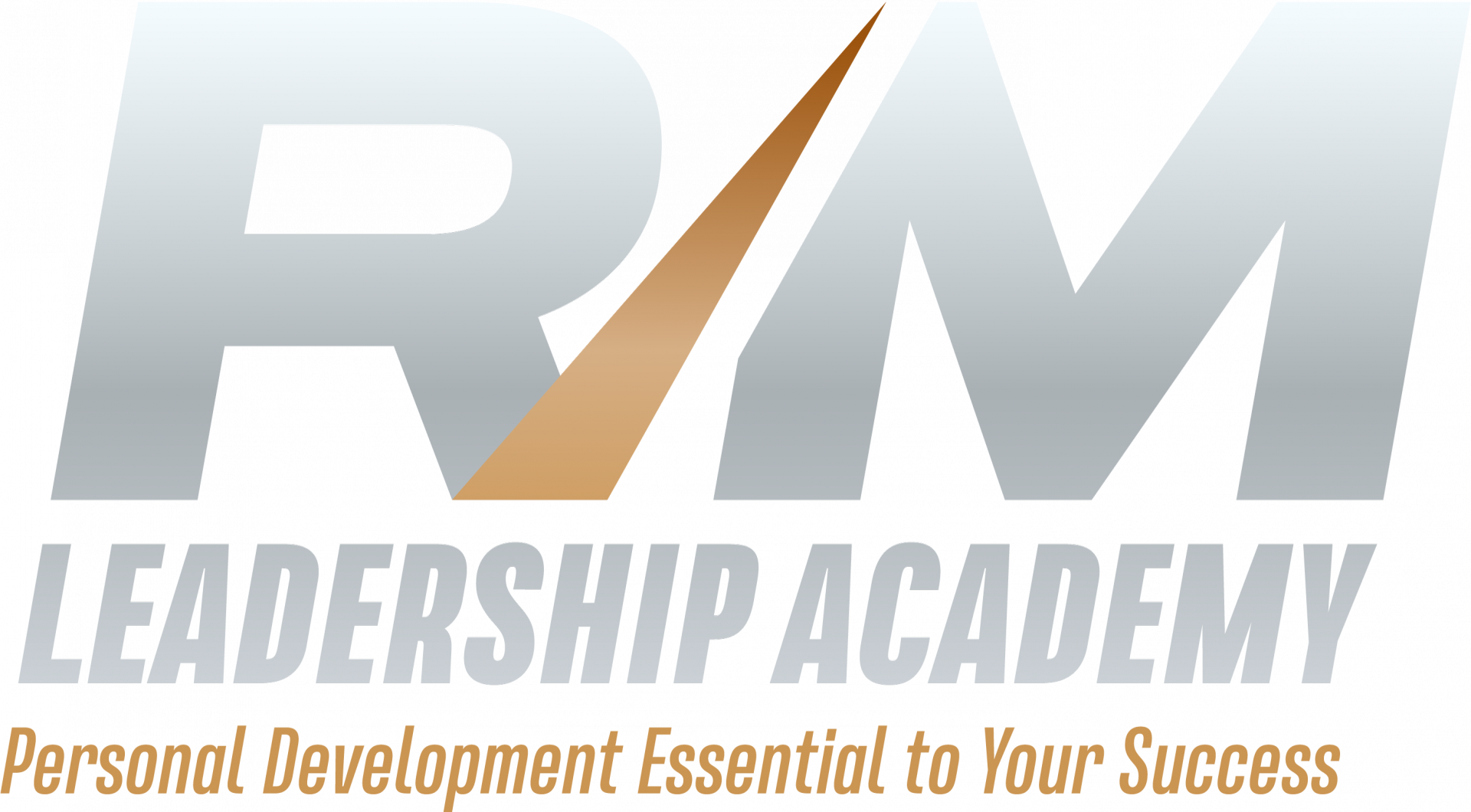Making an Individual plan
There are quite a few steps you can take in order to create your own personalized self-education plan. Here are some important steps:
1. Prepare a room to study in
Since you will not be learning in a classroom, it is important that you have a room in which you will do nothing but study. That will prove very useful when you want to find a place to concentrate and have all the needed supplies for your session gathered and ready to be used.
You will want to look for a room in your house where you will not be distracted by your other family members. While teaching yourself something new might be a truly great experience for you, your other family members might not be able to understand that you are doing something important, so you will want to make sure that you have a space to study in where you won’t be distracted.
Make the room comfortable and well equipped and make sure you have a desk, chair, notebooks and pens and of course your laptop available in that room. The better equipped the room, the more you will be able to concentrate on your studying and the more you will be able to learn.
2. Set goals about what you want to learn
After you have picked what exactly it is that you want to learn about, start by setting goals. This step will prove very useful if you want to keep learning more and not forgetting the information you have just managed to learn.
Your goals need to be realistic and manageable. For example, if you want to start learning a new language, you will need to give yourself enough time to learn and memorize the alphabet before moving into more complex things like grammar and vocabulary. These goals need to be achievable, especially if you’ve tried online learning in the past and it didn’t really work out.
Sometimes we tend to want to take on a lot more than we can handle and that can lead to us failing a certain task without giving it a proper try. So, start by setting the bar low and working your way up towards more difficult things in order for you to see lasting results.
3. Stick to a study schedule
When it comes to teaching yourself something new, you might actually find it difficult to commit to learning consistently on a weekly basis. After the initial excitement has passed, you might find that you have more interesting things to work on during the week and you soon will simply end up not having any time for your self-teaching project.
The best way to deal with this problem is by scheduling your learning sessions for particular times and days of the week. The more structured your schedule is, the more likely you are to stick to it. You will be able to know that you have a particular time and day where you should not arrange anything else and that can truly help you stick to it.
If you need some help with managing your time or remembering when you are supposed to follow your learning session, you can always use a tool like Google Calendar to properly schedule your day to day activities and make sure nothing important overlaps with your personal study time. You might even want to consider using the help of a college essay writing service in order to help you better form your schedule and day to day activities.
So, make sure that you put aside some hours on a weekly basis during which you will only focus on what you’re trying to learn. Sticking to this goal will help you keep up the learning process and it will help you to stay committed to your initial learning goal.
4. Find an online learning group
While this is a self-education project, you might come to find that learning with someone else might be a lot of fun and a lot more beneficial than you imagined. The key to keeping up the learning process might just be making yourself accountable to someone else.
Learning a new skill with a friend, family member or even a member of a popular online group can really help you stick to your goal and make a lot more progress. Not only will you be able to talk with others about the whole learning experience and process, but you will also be able to learn from their experience and benefit from their tips and tricks in regards to the learning process.
5. Apply your skills
Even after learning something, you need to make sure that you are able to use it in a number of situations and that no matter what happens, you will not forget it. The best way to go about this is by using this new skill in every situation you can.
For example, if you just managed to learn some things about Photoshop, try using it to create something that you can share with a friend. The more you use your new skills, the more things you will come to learn as experience is a very important factor in keeping a skill alive and further evolving it.
In summation
Learning a new skill by yourself can be quite a lot of fun. There is so much information available to us in our day and time which, if used correctly, can truly help us learn a lot of new skills and further evolve ourselves.
Sticking to an individual plan, while learning a new skill, is very important if you wish to succeed. The more effort you put into learning something new the better the results will be. What are your favorite ways of teaching yourself something new?

